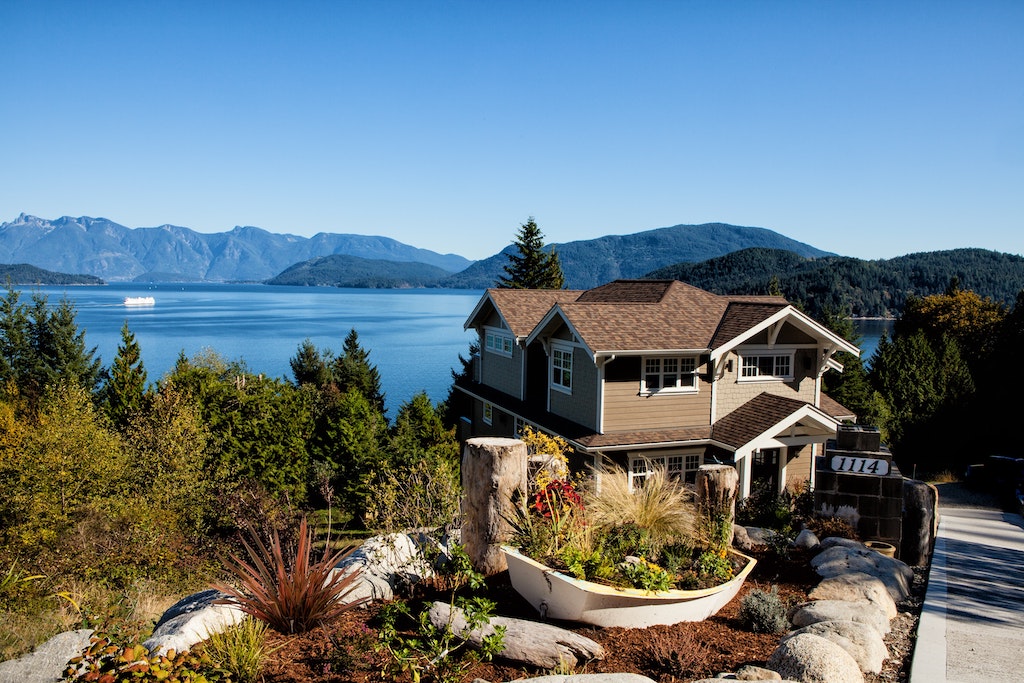Owning a vacation home can both diversify your portfolio and increase your time in a beautiful place. If you’re ready to proceed with buying a vacation home, an awareness of your full financial landscape will help you determine the next steps to take.
While specific financial situations vary widely among individuals, there are a few financial indicators you should look at to determine your ability to secure financing for a second home (or to buy one outright.) Once you’ve reviewed some key numbers, you can start planning to purchase a home that you and your family can enjoy for years.
1. Know your budget.
Before you begin searching for the right vacation home, take some time to determine your budget for the vacation home of your dreams. In order to establish a budget, it’s helpful to take a look at your complete financial picture. The value of your assets may give you insight into the ballpark figure you’d like to spend on a second home. In addition to looking at your monthly and yearly yields, income and taxes, see if you have enough equity to cover a down payment, as well as funds for inspections and closing costs. If you’re pursuing traditional financing, keep in mind that a bank will look at your entire wealth portfolio to determine your ability to pay a second mortgage.
2. Decide if you will be renting out your second home.
Thanks to sites like VRBO and Airbnb, there are many low-cost ways to establish your vacation home as a rental property for others. However, there are definitely pros and cons to renting out a vacation home. Part of the joy of having a vacation home is that it is a respite from daily life. Renting out a property comes with its own costs, including cleaning and maintenance, so booking more dates may not be your goal. Guard carefully against a vacation home becoming a second job. Of course, occasionally renting your vacation home can defray the cost of owning an additional piece of property. Before you buy, it’s wise to set a financial goal for the income you want to make on this vacation home. Would you like to rent it often enough to cover the annual taxes on the property? Or, would you like to make enough to pay for part of the mortgage each month? A little passive income can go a long way when it comes to financing a second home.
3. Determine your financing approach.
Purchasing a second or even third residence will require you to be very aware of your full financial picture. If any part of your finances seems unclear, meet with your financial advisor to talk through several scenarios. If you’re planning on a traditional mortgage, keep in mind that many banks ask for a large down payment—even up to 50%—of the sale price of a vacation home. Some homeowners choose to tap into their primary home’s equity in order to secure the needed amount for the down payment. Your financial advisor can tell you if this is a wise move for you.
4. Remember to budget for repairs and renovations.
While most potential homebuyers are aware of the need for a substantial down payment on a vacation home, they may not have budgeted for all the additional costs that come with owning a second home. After you close on your vacation home, it may take additional capital to bring the property up to code or to make any necessary aesthetic improvements. Since homeowners often live in a different state from their vacation home, securing contractors, materials, and construction professionals can be more expensive. Allotting money for this on the front end will save you time and energy once you’ve closed on the house.
5. Set aside money for property taxes, energy bills, and maintenance.
Don’t forget that yearly costs on your new property also include a second yearly property tax. If you live in a different state than your vacation home, you may be used to different rates and due dates. Research the tax code in your new district to make sure all payments are filed on time. When a house isn’t inhabited for some time, maintenance costs may increase. You may have difficulty with pests or even plumbing issues if water isn’t run for several months. Also, allow for the costs to heat and cool the home during the off-season, even if no one is present. Smart thermostats can save you money on energy bills and allow you to adjust the temperature according to the weather, even from hundreds of miles away.
Thinking of Purchasing a Vacation Home?
While there are many financial considerations to purchasing a vacation home, it can be a solid investment, both in terms of your portfolio and in terms of securing a relaxing and rejuvenating space to make many future memories. We can help you begin the process of planning to purchase your vacation home while keeping your investment strategy intact. Ready to get started? Contact Southwestern Investment Group today to schedule a consultation.

